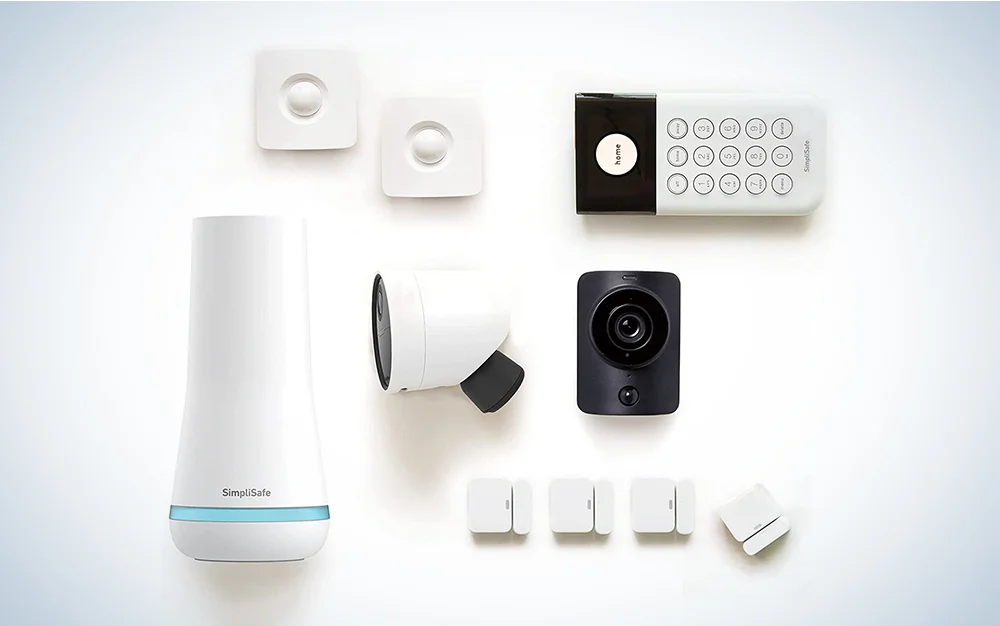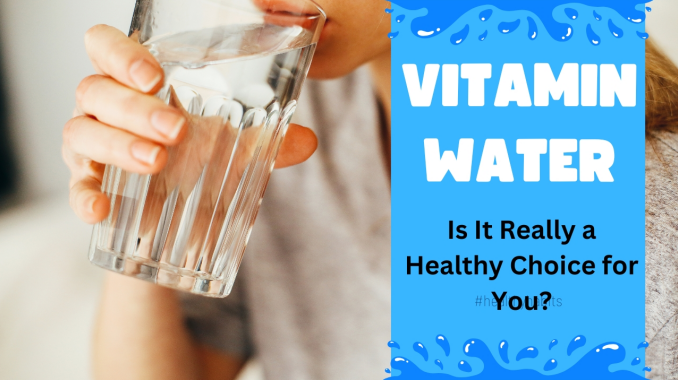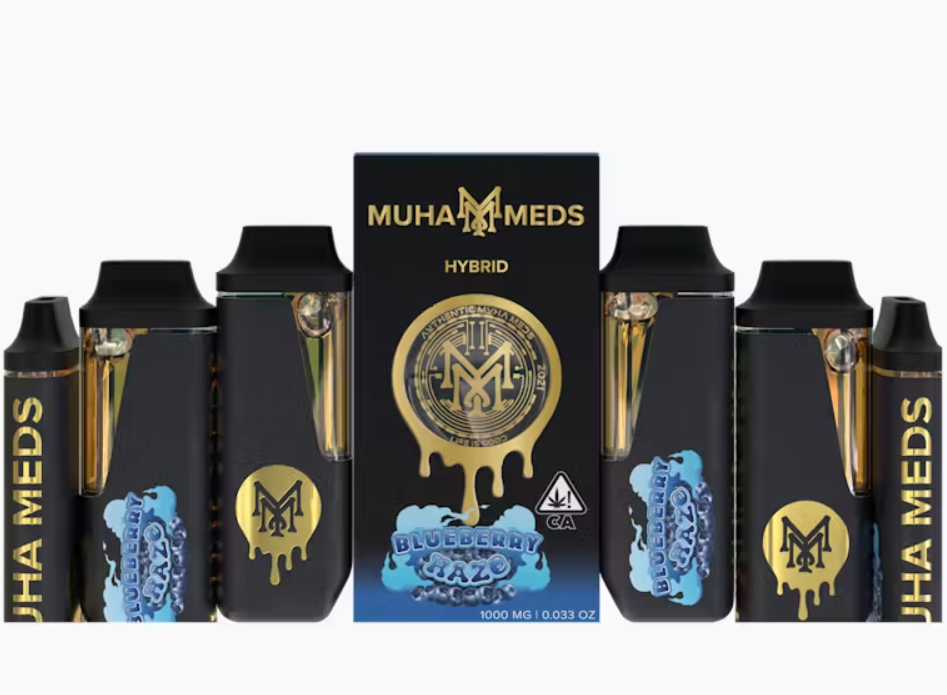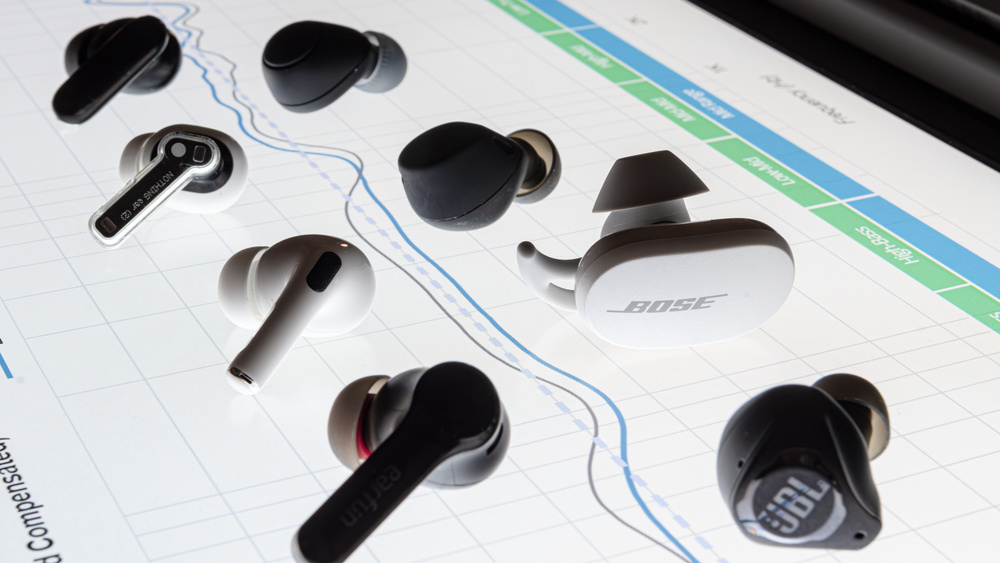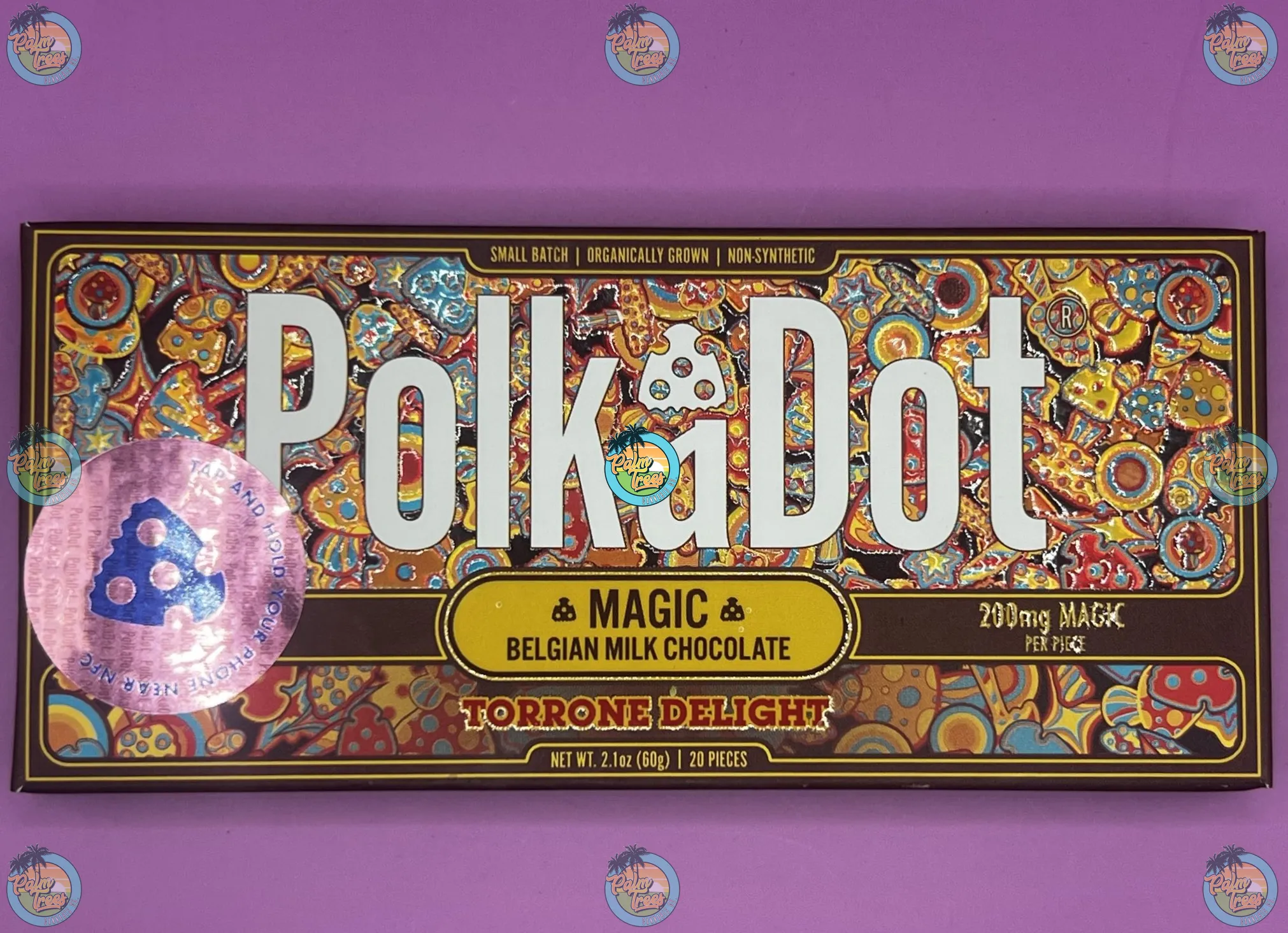Introduction
Vitamin Water has become a trendy beverage that promises hydration combined with a boost of essential nutrients. But is it truly the miracle drink it claims to be, or just another marketing gimmick? Let’s dive deep into the world of Vitamin Water, exploring its benefits, potential downsides, and whether it’s a good fit for your lifestyle.
Understanding the Ingredients in Vitamin Water
Key Vitamins and Minerals Included
Most Vitamin Waters are fortified with a range of vitamins and minerals. Common additions include:
- Vitamin Cfor immune support.
- B Vitaminslike B6 and B12 to aid in energy production.
- Electrolytessuch as potassium and magnesium to help with hydration.

Added Sugars and Artificial Sweeteners
While the added vitamins can be beneficial, it’s essential to pay attention to what else goes into Vitamin Water. Many versions contain added sugars or artificial sweeteners, which can affect overall health if consumed excessively.
Types of Vitamin Water Available in the Market
Regular Vitamin Water
Standard Vitamin Water often contains both vitamins and sugars. This type is usually marketed as a healthier alternative to sodas.
Zero-Calorie Vitamin Water
For those watching their calorie intake, zero-calorie Vitamin Water offers the same nutrients without the added sugars. These are sweetened with artificial or natural substitutes.
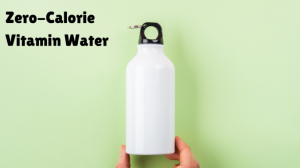
Vitamin Water with Natural Sweeteners
Some brands cater to health-conscious consumers by using natural sweeteners like stevia, aiming to provide flavor without compromising on health.
Health Benefits of Vitamin Water
Hydration Benefits
Just like plain water, Vitamin Water can help keep you hydrated, making it a convenient choice for those who find regular water boring.
Supporting the Immune System
Thanks to added vitamins like C and D, Vitamin Water can play a role in supporting the immune system, especially during flu season.
Replenishing Electrolytes
For athletes or anyone engaging in vigorous exercise, Vitamin Water with electrolytes can be a good way to replace minerals lost through sweat.
Potential Drawbacks of Drinking Vitamin Water
Sugar Content and Calories
Some Vitamin Waters contain as much sugar as a can of soda, leading to unnecessary calorie consumption. This could pose a risk for individuals monitoring their sugar intake.
Artificial Ingredients Concerns
The use of artificial sweeteners in zero-calorie options has raised concerns about their long-term impact on health, despite being approved by regulatory bodies.
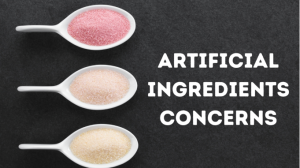
Potential Overconsumption of Certain Vitamins
While it might seem beneficial to get a boost of vitamins, some nutrients can be harmful if consumed in excess, especially fat-soluble vitamins like A, D, E, and K.
Vitamin Water vs. Plain Water: Which is Better?
Comparing Hydration Efficiency
Plain water remains the gold standard for hydration, but Vitamin Water can be a tasty alternative for those seeking a bit more than hydration.
Nutritional Benefits Comparison
While plain water provides zero calories and no additional nutrients, Vitamin Water can offer a quick source of vitamins. However, it’s not a replacement for a balanced diet.
Who Should Consider Drinking Vitamin Water?
Athletes and Fitness Enthusiasts
If you’re regularly exercising, Vitamin Water can help replenish lost electrolytes and provide a quick energy boost.

People with Busy Lifestyles
For those always on the go, Vitamin Water can be an easy way to get a nutrient boost, especially when meals are skipped or hurried.
Those with Nutrient Deficiencies
Some individuals with specific nutrient deficiencies might benefit from Vitamin Water, as it can help supplement certain vitamins lacking in their diet.
Who Should Avoid Drinking Vitamin Water?
Diabetics and Those Watching Sugar Intake
High sugar content in some Vitamin Waters can be problematic for diabetics or anyone watching their sugar levels.
People Concerned About Weight Management
Calories from sugary drinks can add up, making weight management challenging if Vitamin Water becomes a daily habit.
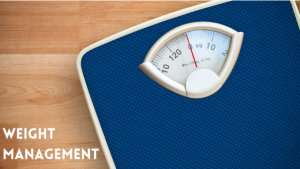
Those on a Whole-Food Diet
If you follow a whole-food, minimally processed diet, Vitamin Water might not align with your nutrition goals.
Homemade Alternatives to Commercial Vitamin Water
DIY Vitamin Water Recipes
Creating Vitamin Water at home is simple. Add slices of fresh fruits, herbs like mint, and a splash of lemon to plain water for a refreshing, nutrient-rich drink.
Benefits of Homemade Options
Homemade Vitamin Water is free from added sugars and artificial ingredients, allowing you to control what goes into your drink.
Cost Comparison: Homemade vs. Store-Bought
Making Vitamin Water at home is significantly cheaper in the long run, and you can customize it to your taste preferences.

How to Choose the Best Vitamin Water for Your Needs
Reading Labels for Ingredients
Pay attention to ingredient lists—avoid drinks with high sugar content or artificial additives. Look for versions that use natural sweeteners.
Picking the Right Type Based on Lifestyle
Consider your lifestyle: athletes may benefit from electrolyte-infused options, while those watching calories might prefer zero-calorie varieties.
Tips for Moderating Vitamin Water Consumption
How Much Vitamin Water is Too Much?
Stick to one serving per day if using Vitamin Water to supplement nutrients. Excessive consumption can lead to over-nutrition.
Finding the Balance Between Hydration and Nutrition
Balance your Vitamin Water intake with plain water to avoid extra calories and maintain proper hydration.
The Environmental Impact of Vitamin Water Bottles
Plastic Bottle Waste Concerns
Most Vitamin Waters come in plastic bottles, contributing to environmental pollution if not recycled properly.
Eco-Friendly Alternatives
Consider brands that use recyclable packaging or switch to making homemade Vitamin Water to reduce your environmental footprint.
Vitamin Water Myths and Facts
Common Misconceptions Debunked
Not all Vitamin Waters are healthy; some contain hidden sugars. Don’t assume they’re always better than water.

Facts About Nutrient Absorption
Liquid vitamins can be absorbed faster than those from pills, but not all nutrients in Vitamin Water are in highly bioavailable forms.
Conclusion
Vitamin Water can be a convenient way to get a nutrient boost, especially for active individuals or those with specific dietary needs. However, it’s not a magic solution and should be consumed in moderation. Opting for low-sugar or homemade versions can be a healthier choice. Balance is key—always consider your overall dietary habits before making Vitamin Water a regular part of your routine.
Frequently Asked Questions About Vitamin Water
- Are All Vitamin Waters the Same?No, they vary in nutrient content, ingredients, and sweeteners. Always read the labels.
- Is Vitamin Water Safe for Kids?It can be, but look for versions low in sugar and free from artificial ingredients.
- Can Vitamin Water Replace a Multivitamin?It’s best to view Vitamin Water as a supplement, not a complete replacement for a balanced diet.
- Is Vitamin Water a Good Choice for Weight Loss?Only if you choose low or zero-calorie versions without added sugars.
- How Long Does Vitamin Water Last Once Opened?Keep it refrigerated and consume within 3-5 days for the best taste and nutrient quality.
https://carebreath.com/top-edible-seaweeds-a-dive-into-the-oceans-treasures/





